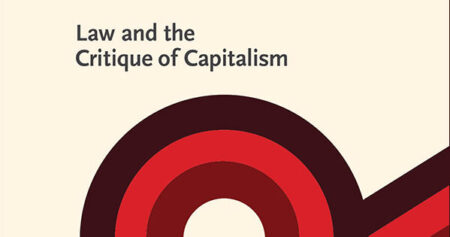Recent technological developments are transforming the basic terms of worker compensation. Rather than receive a salary or predictable hourly wage, workers in the on-demand economy are often paid using opaque and constantly fluctuating formulas, allowing firms to personalize and differentiate wages in order to influence worker behavior. These payment schemes violate long-established norms of fairness, undermine economic stability, and make it nearly impossible for workers to predict or understand their compensation. As a result, many workers now experience their jobs as a form of gambling, in which they are being tricked into working longer for less.
During the pandemic, many workers deemed "essential" were nevertheless denied access to even the most rudimentary social safety net. How did this cruel paradox become possible? And how should we make sense of the antagonistic terms of the law in the lives of workers during this moment of extreme crisis?
Luke Herrine, Noah Zatz, Veena Dubal, Blake Emerson, Diana Reddy, Nate Holdren, Caroline Grueskin, and Charlotte Garden offer their initial reactions to the Court's decision blocking OSHA's vaccine-or-test mandate.
In the wake of a historic victory by India's farmers, Veena Dubal and Navyug Gill reconvene to discuss the events that have unfolded over the past year, how to understand Modi's capitulation, and what lessons other social movements can draw from this victory.
Nikolas Bowie, Veena Dubal, and Amy Kapczynski discuss the potential implications of the Cedar Point Nursery for workplace democracy, as well as legal and non-legal strategies for overcoming this concerning turn in Takings Clause jurisprudence.
Although it has hardly broken through the parochialism of the US news cycle, India is currently experiencing what is perhaps the largest strike wave in world history. In this post, Veena Dubal interviews Navyug Gill about the strikes, the agricultural reforms that led to them, what those outside India can learn from them, and what the future might portend.




